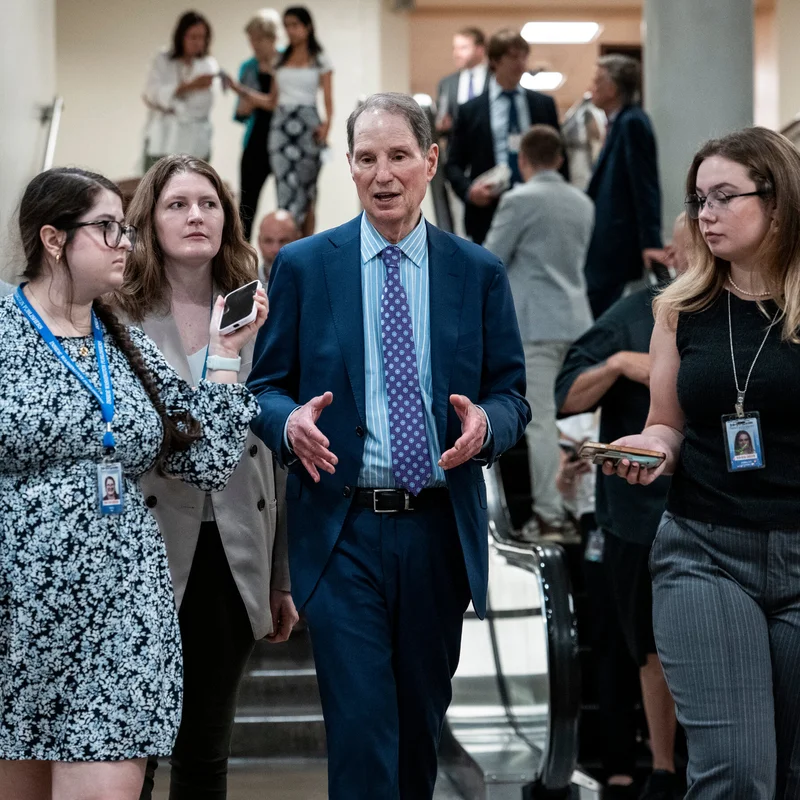Table of Contents
- First-in-Nation Drug Price Cap
- What Is Enbrel—and Why Is It So Expensive?
- How Amgen Blocked Generics for Decades
- Inside Colorado’s Bold New Law
- What This Means for Patients
- Could Other States Follow?
- Sources
First-in-Nation Drug Price Cap
In a historic move, Colorado has become the first state in the U.S. to impose a price cap on Enbrel, the blockbuster arthritis drug that has cost patients and insurers billions over the past three decades. The decision marks a turning point in the fight against pharmaceutical monopolies—and puts drugmaker Amgen squarely in the crosshairs.
For years, Enbrel’s price has soared while cheaper alternatives flooded markets in Europe. Now, Colorado is saying: enough.
What Is Enbrel—and Why Is It So Expensive?
Enbrel (etanercept) is a biologic medication used to treat autoimmune conditions like rheumatoid arthritis, psoriasis, and ankylosing spondylitis. Since its FDA approval in 1998, its list price has skyrocketed from around $4,000 a year to more than $70,000 today—a nearly 1,700% increase.
Unlike traditional pills, biologics like Enbrel are made from living cells, making them complex and costly to produce. But critics argue that much of Enbrel’s high cost isn’t due to manufacturing—it’s due to market control.
How Amgen Blocked Generics for Decades
While generic versions of Enbrel—called biosimilars—have been available in Europe since 2016, none have reached U.S. patients. The reason? A web of strategic patent extensions and legal maneuvers by Amgen, the drug’s manufacturer.
Amgen didn’t just rely on its original patent. It filed dozens of secondary patents covering everything from injection devices to manufacturing processes. It also struck a controversial “pay-for-delay” deal with a would-be competitor, effectively buying time to extend its monopoly.
The result? Nearly 30 years of unchallenged pricing power in the U.S.—a timeline that won’t end until 2029, according to current projections.
Inside Colorado’s Bold New Law
Colorado’s new law doesn’t ban Enbrel or force Amgen to lower its national price. Instead, it caps what state programs—like Medicaid and employee health plans—will pay for the drug. If Amgen charges above that threshold, the state simply won’t cover the excess.
The law also requires drugmakers to disclose pricing justifications for medications that cost over $10,000 annually—a transparency measure aimed at exposing inflated markups.
“This isn’t about punishing innovation,” said State Senator Chris Hansen, a lead sponsor of the bill. “It’s about stopping exploitation.”
What This Means for Patients
For Coloradans with private insurance, the immediate impact may be limited—but the precedent is powerful. Advocates hope the law will pressure Amgen to negotiate lower prices across the board to avoid administrative chaos.
More broadly, the move validates years of patient advocacy. “I’ve skipped doses because I couldn’t afford my co-pay,” said Maria Lopez, a Denver resident with rheumatoid arthritis. “No one should have to choose between rent and medicine.”
While biosimilars are expected to finally enter the U.S. market in 2029, Colorado’s action could accelerate access—or at least force greater accountability in the interim.
Could Other States Follow?
Colorado’s law is already inspiring copycat efforts. Legislators in California, Washington, and Minnesota have signaled interest in similar price caps, particularly for drugs protected by “evergreening” patent strategies.
At the federal level, the Biden administration has pushed for Medicare to negotiate drug prices, but Enbrel isn’t currently on that list. State-level action may be the fastest path to reform.
Pharmaceutical industry groups warn that price caps could discourage future innovation. But public health experts counter that true innovation shouldn’t rely on decades of artificial monopolies.
As one health policy analyst put it: “You can reward research without holding patients hostage.”




